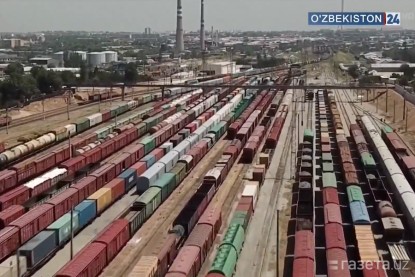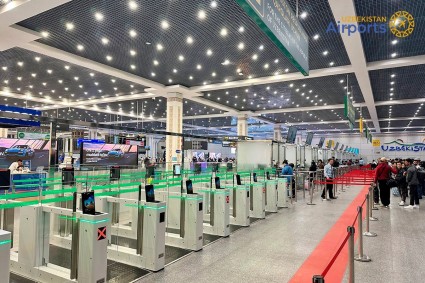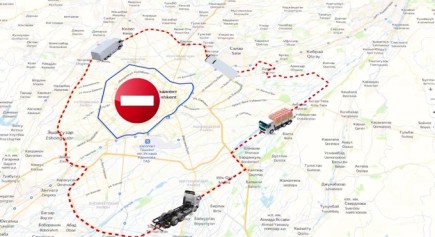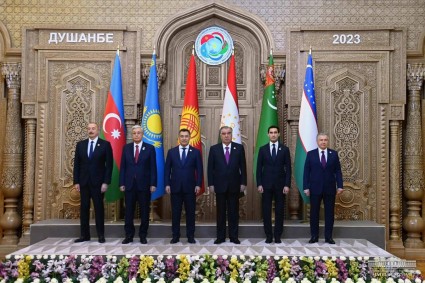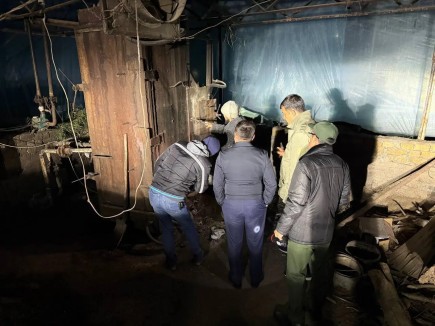The Senate at its September 30 session passed the Railway Transport Bill. The Bill has been sent to the president for signing. According to Senator Kobul Tursunov, the total volume of transport services doubled in 2019-2023. Last year, the share of rail transport in the total volume of transport services stood at 9.7%, with 73.8 million tons of cargo transported, and the share in freight turnover reaching 35.2%.
Over the year, 9.7 million passengers were transported, which is 7.7% more than in 2022.
The current Law was adopted in 1999 and does not meet modern requirements, many terms are outdated or not reflected in the Law at all, said the senator. The new Bill has "included the rail transport system in line with the modern market model."
Reportedly, the Bill is aimed at deepening economic reforms, facilitating doing business in the transport sector, attracting foreign investment and improving international cooperation in the field of rail transportation.
The document has proposed 17 new concepts, including a new version of the concept of "railway transport", as well as "wagon (container) operator", "carry-on baggage", "operator of public rail transport infrastructure" and others. At the same time, rail transport will now be divided into public and non-public rail transport.
While, the procedure for using public rail infrastructure and the activities of the infrastructure operator are regulated, and the rights and obligations of carriers are established.
The introduction of the concept of "wagon (container) operator" is associated with the need to develop competition in the rail transport services market, attract private investment to update the wagon fleet, which has exhausted its technical and technological resources.
Currently, the owners (proprietors) of infrastructure, rail transport and other means are more than 43 ministries and departments, their enterprises, as well as entrepreneurs working in this area. All of them are directly involved in the transportation process and are obliged to ensure the safe operation of rail transport facilities and the safety of transportation, said Kobul Tursunov.
The Bill provides for the basic requirements for safety in rail transport, while responsibility for ensuring the safety of transportation is assigned to enterprises providing the transport process and carriers.
The Bill has proposed prices for rail transport, which shall be based on market principles, as well as the abandonment of the practice of state regulation of prices for freight service provision, the transportation of passengers in high-speed and high-speed trains, a regulation mechanism based on market principles is being introduced.
The Bill includes new articles, including provisions regarding compensation for losses and damage to the rail carrier. In particular, a procedure is being introduced for compensating losses from the state budget for domestic transportation by regular trains, the prices for which will continue to be regulated by the state (with the exception of passenger transportation on high-speed and express trains).
The Bill has defined specific areas for attracting investment for the development of railway infrastructure, clearly indicates the sources of financing for the construction and reconstruction of public and non-public railways, as well as railway stations.
To ensure compliance with Article 19 of the Constitution, the right of certain categories of passengers to free travel by rail once a year has been proposed (Article 21).
The document facilitates the implementation of projects based on public-private partnership in railway transport, and also has defined the powers of the Cabinet of Ministers, the Ministry of Transport and the Transport Inspectorate.
The Cabinet of Ministers shall be the executive authority, while the governor and mayor offices shall act as local authorities, and the Uzbekistan Railways JSC acts as the economic authority in the sphere of public railway transport.





